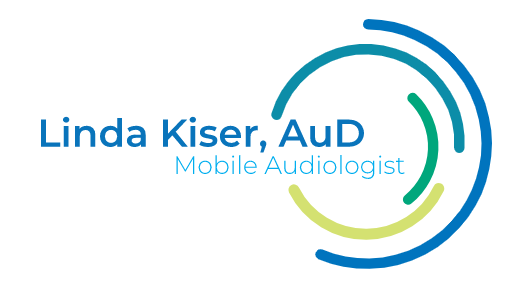Evaluation for Hearing Aids
Hearing Test Results
Hearing Aid Recommendation
If your hearing test indicates a permanent hearing loss, hearing aids may be recommended. Your hearing professional will explain the specific sounds you struggle to hear and how hearing aids can assist you. At this stage, you will likely have the opportunity to see and handle various styles of hearing aids. In some cases, you may even have the chance to listen to a demonstration of a hearing aid.
Your hearing professional will help you select the most suitable hearing aid style, features, and level of sophistication based on your degree of hearing loss, lifestyle, and financial considerations. Certain hobbies or occupations may benefit from particular hearing aid styles or features, so you may be asked to fill out a questionnaire to aid in the evaluation process. Ultimately, the decision of which hearing aids to purchase is up to you, but your hearing care professional will offer recommendations based on your specific needs.
Once you make your decision, the hearing professional may take impressions of your ears if you opt for custom hearing aids or behind-the-ear hearing aids with earmolds. Hearing aids are typically ordered from a manufacturer and then programmed by your hearing professional to meet your individual hearing requirements. It's important to note that there is an adjustment period when wearing hearing aids, and your provider may make additional adjustments to the settings to ensure you have the best possible listening experience.

